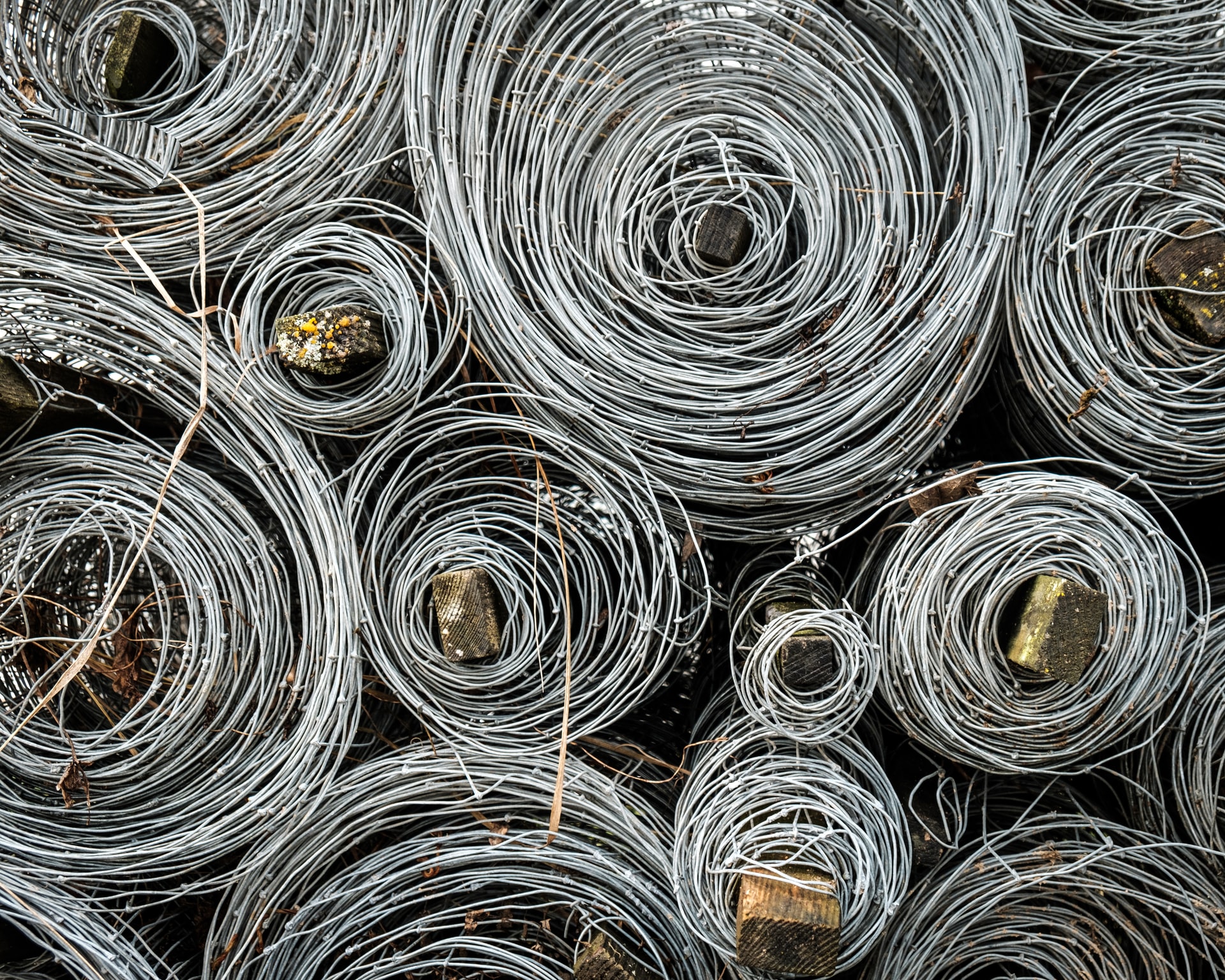If the first thing that springs to mind when reading the title or this article is, some kind of mesh wire fencing, then you wouldn’t be alone. Furthermore, you might be even more surprised to hear that it has much more to do with electrical cables. Now, considering how many electrical cables the average person owns, this starts to become a much more enticing subject to follow.
Why Do We Keep Old Cables?
The most common use of aluminium wires these days is in the manufacturing of electrical cables. Let’s face it, most people have far too many cables than they actually need. The majority, if asked, probably wouldn’t even know what half of the redundant, stashed in the ‘just in case’ drawer cables do, or what they are for anymore.
It’s easy to understand why a person might keep lead, even if they don’t know what it is for. This is especially true when you’ve ever had one of those moments whereby you go to use an appliance you haven’t used for a long time but can’t find the power cable. It’s not so easy, however, to understand why somebody would throw any unwanted cables that have been knocking about for a while in the bin. It’s even less understandable when you learn that there are Sydney aluminium scrap dealers and even dealers in other parts of the world who would be willing to buy the metal from you. You could scrap those surplus cables instead of discarding of them, completely.
Did You Even Know That, Scrapping Cables And Wires Is A Thing?
Had you ever considered the idea of scrapping your unwanted cables that contain aluminium wire? The chances are that, the answer is a no, and why would you? Most people don’t even know where they would start. With that in mind, there’s much information you can find online about how you can go about scrapping your unwanted aluminium wire cables, and get some money back, at the same time.
What Is Aluminium Wire And Why Use It?
If you didn’t know, aluminium wire is a type of metal wire that is used within some electrical cables, mainly because of its light weight, malleable features, not to forget its superb ability as a conductor of electricity. With the ever-growing expansion of the tech market, most households and businesses are littered with various types of electrical cables, of which a large number aren’t even used anymore.
What Ever Happened To Copper? Wasn’t Copper All The Rage Not So Long Ago?

For as long as most people will be able to remember, electrical cables contained copper, however, with millions of leads being produced daily and, the ever-increasing cost of copper, it was only fitting that, a more affordable material was sought after. Manufacturers are always on a mission to keep production costs as low as possible. It’s their job, although you’ll hear that it’s so that they can continue to sell you products for a reasonable price.
Either way, it’s well worth checking out whether your cables contain copper or aluminium because if they are older leads that contain copper, then you should get an even better price when compared to the newer, aluminium variety.








